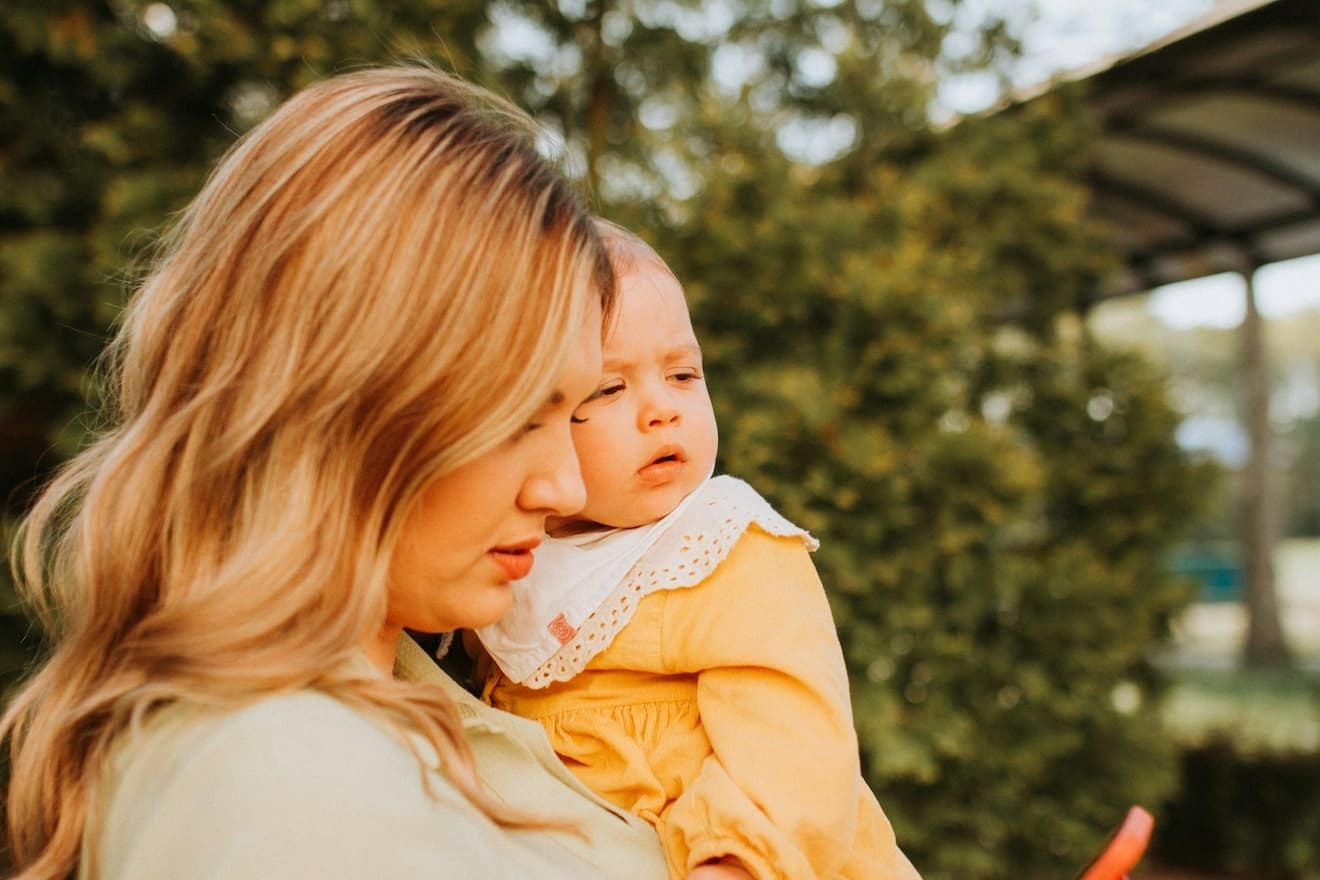What to Do When Your Child Triggers Your Anxiety

There’s no doubt about it—raising children activates all of our anxiety wounds. When triggered, we may instinctively blame our child and their behavior, but the issue runs much deeper. Often, these responses are deeply rooted in your own past experiences or perceived societal pressures. Reflect on instances that consistently elevate your anxiety, such as defiance, tantrums, or potential failures. By identifying these patterns, you can address the underlying fears and work towards mitigation.
Expectations—whether self-imposed or external—play a significant role in parental anxiety. Striving for perfection or undue comparison with others can intensify feelings of inadequacy. Acknowledging these pressures helps in resetting more realistic parenting goals, allowing for a healthier parent-child dynamic.
Strategies for Managing Anxiety When Parenting
Learn to recognize when your anxiety is triggered and tune into your body’s signals. Notice symptoms like a racing heart, flushed cheeks, or shallow breathing. These reactions often indicate that you have entered the fight, flight, or freeze response.
Practice Self-Compassion
Acknowledge that being triggered often stems from unresolved childhood issues. Be gentle with yourself and understand this is a journey of growth. Engage in calming techniques, such as deep breathing or splashing water on your face, which can help in resetting your emotional state.
Reflect on Triggers
Consider how your child’s behavior might relate to your own unresolved fears, such as abandonment or failure from your past. Reflecting on these connections can be enlightening and help you develop healthier responses. For example, if your child expresses intense emotions that unsettle you, examine whether this discomfort is linked to a time when such emotions were discouraged in your own upbringing. This way, you enhance your ability to respond thoughtfully rather than react impulsively.
Reflect on Family Dynamics
Growing up, was emotional expression seen as a sign of “weakness” in your family? Emotional intelligence (EQ) is highly valued in today’s world and can significantly impact how you connect with your child. Children seeking affection might trigger you if independence and emotional detachment were your self-defense mechanisms in childhood. Similarly, a child’s oppositional behavior might unsettle you if you were discouraged from voicing different perspectives. Recognize these childhood influences on your reactions. Once calm, consider journaling or discussing these triggers with someone you trust, allowing you to process emotions and approach interactions with greater clarity.
We Are Our Children’s Mirror
Anxiety often burdens parents with overwhelming feelings of shame and guilt, especially when confronted with the realization that children do not always mirror expected behaviors. Many enter parenthood with the belief that children will consistently respond positively, assuming that a nurturing environment guarantees obedient and cheerful offspring. However, this is far from reality. Children naturally become reflections of our character, values, and emotional state. So, if you are plagued by anxiety, your child might start displaying their own anxious actions.
Nurturing Individuality
While parents bring children into the world, they do not own them. Rather than imposing unmet personal aspirations, parents should embrace their child’s strengths. If a child gravitates towards science or the arts, fostering these interests respects their individuality. It’s crucial to evaluate whether parental expectations align with a child’s natural inclinations. Reflecting on whether these hopes stem from personal ambitions or inherited expectations ensures that children flourish as independent individuals.
Balancing Pride and Authenticity
Children inadvertently become sources of pride or embarrassment, becoming linked to their parents’ successes and failures. Recognizing that they are autonomous beings, not mere extensions of parental identity, allows children to thrive authentically. Balancing pride with the acceptance of their journey cultivates a nurturing environment, devoid of undue pressure or unrealistic expectations.
It’s a common and difficult experience for many parents: a child’s behavior, whether it’s a tantrum, defiance, or something else, triggers an overwhelming feeling of anxiety. This is not a sign of failure; it’s a sign that you care deeply.
Talking to other parents, joining a support group, or speaking with an anxiety therapist can provide invaluable strategies and reassurance. A professional can help you identify the deeper roots of your anxiety and give you personalized tools to cope. Get in touch to ask about anxiety therapy today to learn more.

